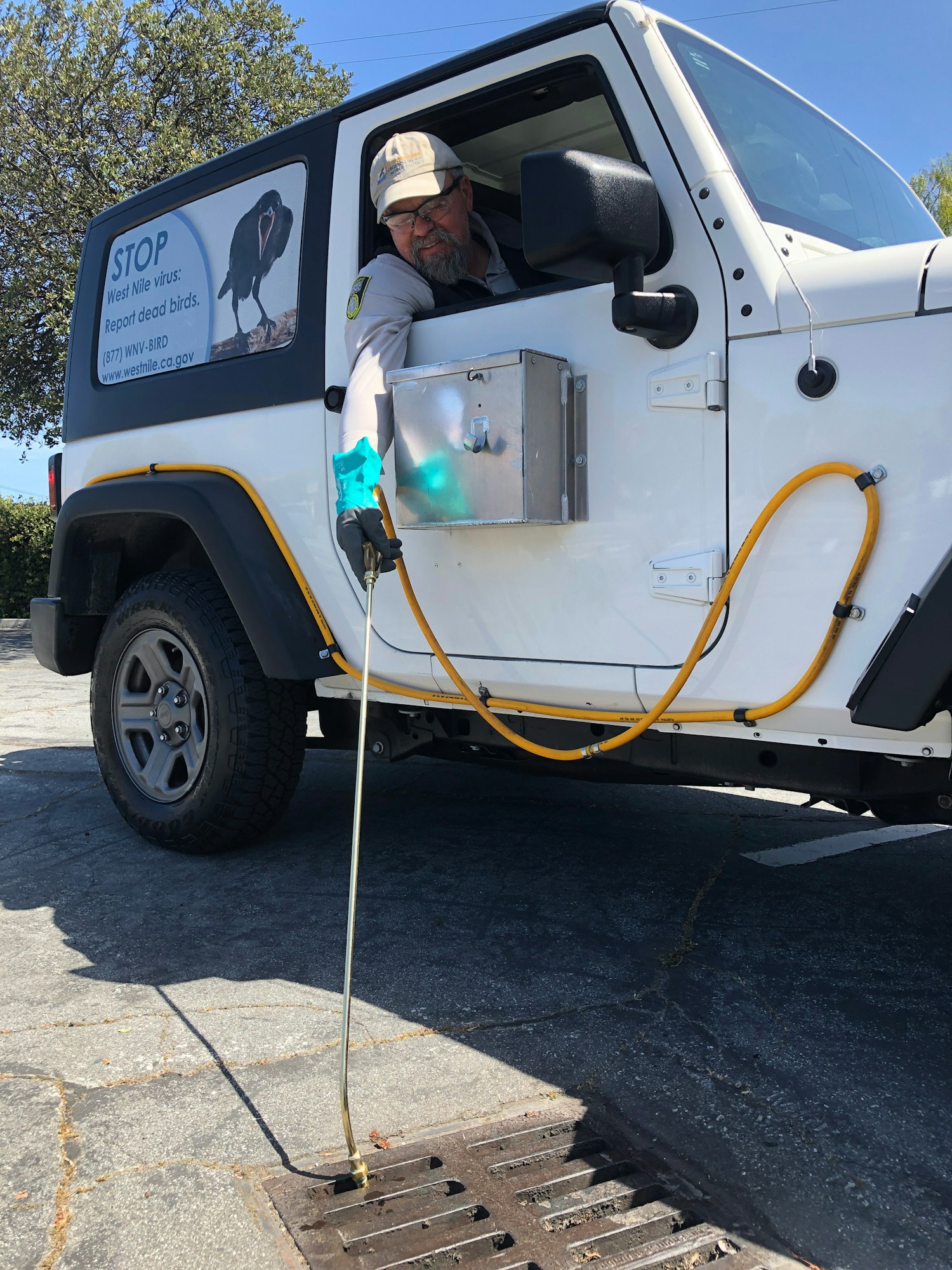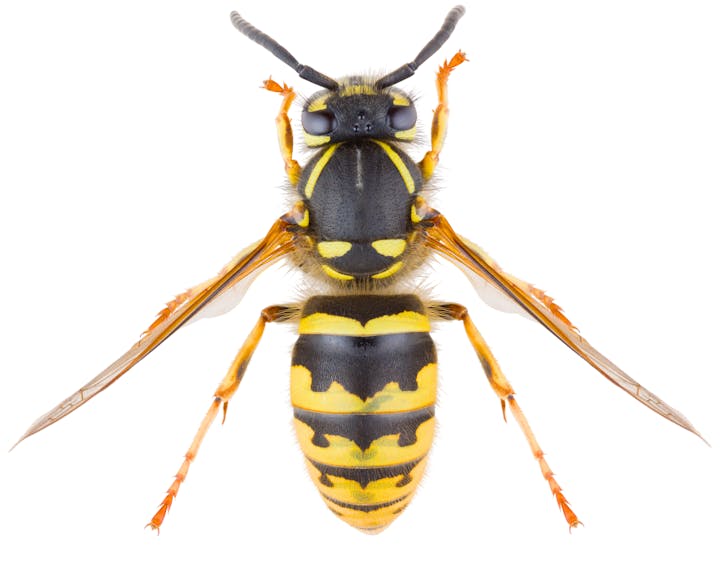July 2022 Newsletter
West Nile virus activity in Santa Clara County
You may have heard on the news that Santa Clara County Vector Control District conducted mosquito control in parts of Santa Clara County in late June and mid-July. These treatments were in response to findings of West Nile virus in mosquito populations.
This is a timely reminder to remember that West Nile virus remains a risk to local communities. While we have not found any West Nile virus activity in San Mateo County in 2022, we are working diligently to reduce risk to San Mateo County residents. Below are a few ways in which you can play an important part in reducing risk to yourself and your neighbors:
- Report dead birds to the Dead Bird hotline (1-877-968-2473 or https://westnile.ca.gov/report). Dead birds can be an indicator of local West Nile virus activity.
- Report mosquito activity to the District. One of our certified vector control technicians will work to determine the source of the mosquitoes and will use IPM to control the mosquitoes.
- Dump standing water. Mosquitoes breed in standing water, and even small containers of water can generate large numbers of mosquitoes. Check around your house for water, and dump water at least once a week to stop the mosquito life cycle.
- Use an EPA-registered insect repellent (learn more here) when outdoors in the evening or early morning. Repellents are particularly important to use any time you travel, as much of California regularly detects West Nile virus.
- Learn more about West Nile virus here, and learn more about preventing mosquito bites here.

Seasonal storm drain treatments
One way District staff work to keep West Nile virus risk low in our county is through our seasonal storm drain treatment program. The mosquitoes that spread West Nile virus can breed in water that has collected in the bottom of storm drains throughout many part of our county. Seasonal staff drive our recognizable white Jeeps to apply larvicide treatments in storm drains. These treatments keep mosquito larvae from emerging as biting adults and reduce the risk of West Nile virus transmission in our communities.
Seasonal helicopter treatments

Also during summer months, the District uses a helicopter, and occassionally a drone, to treat three freshwater marshes in sensitive habitats in our County: Jasper Ridge lakes (Stanford property), Mills Field (SFO property), and Sharp Park Golf Course.
Treating these areas by helicopter allows the product to be dropped directly into the water in areas of dense vegetation. It also allows us to eliminate the environmental impacts created by walking or using other equipment in these sensitive aquatic environments. The product used is a bio-rational mosquito larvicide. It is in a solid granular form. We use this product because it affects only mosquito larvae; it does not pose any significant risk to humans, pets, wildlife, fish, or the environment. Helicopter treatments occur as needed, typically once per month during the summer months. You can find upcoming treatments listed on our calendar.




